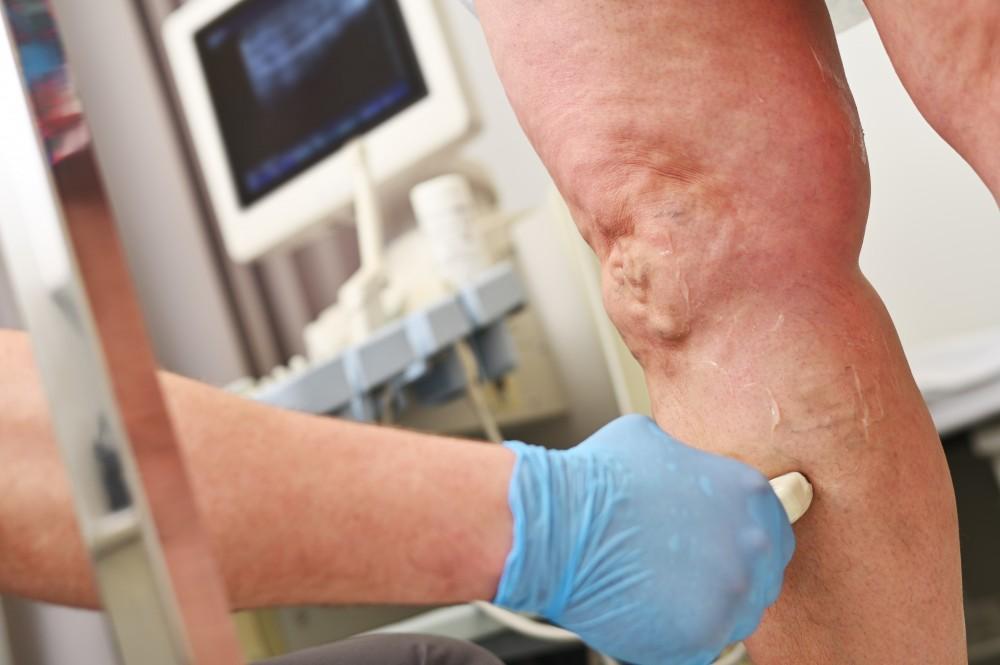
7 Signs That You Should Have Your Varicose Veins Evaluated Start Date 4/14/2025

Varicose veins are more than just a cosmetic concern — they can be a sign of underlying vein disease that may require medical attention. While some people experience mild discomfort, others may develop more serious complications if left untreated.
If you're wondering whether it's time to have your varicose veins evaluated at South Shore Vein and Aesthetic Medicine, here are seven signs to look out for.
1. Your legs are always achy
Varicose veins can cause dull, throbbing pain or heaviness in your legs, especially after standing for long periods. If you experience ongoing discomfort, it may indicate poor circulation or venous insufficiency.
2. Your legs and ankles are always swollen at the end of the day
Fluid buildup due to impaired vein function can lead to noticeable swelling, particularly at the end of the day. If the swelling persists, it may suggest that your veins struggle to effectively return blood to your heart.
3. Your skin is discolored
Varicose veins can cause your skin to darken, become dry, or take on a reddish-brown color due to poor circulation. Over time, these skin changes may increase your risk of skin ulcers.
4. You have open sores near your ankles
In severe cases, varicose veins can lead to venous ulcers — open wounds that take a long time to heal due to poor circulation. Between 60-80% of all leg ulcers are connected to venous disease.
Ulcers can increase your risk of serious infection, gangrene (tissue death), or even amputation. So, if you notice slow-healing sores, seek medical attention as soon as possible.
5. Your skin is itchy
Many people with varicose veins experience itching or burning sensations near the affected areas. In fact, over 70% of people with varicose veins over the age of 70 experience this symptom.
This is known as venous stasis dermatitis — a condition that happens when blood pools in damaged vessels and leaks into your skin.
Not only does this make your skin red and itchy, but you might also notice red or purple sores that may ooze fluid and scab over.
6. You have leg cramps, especially at night
Frequent muscle cramps in the legs, particularly at night, can indicate poor blood flow caused by varicose veins. If you experience cramps regularly, don’t brush it off. Let Dr. Jacobs know.
7. You have bleeding varicose veins
Varicose veins near the surface of the skin are prone to injury and can sometimes burst and bleed. If this happens, even if it stops quickly, it’s important to have your veins checked by a specialist like Dr. Jacobs.
What to expect during your evaluation
If you’re experiencing any of these symptoms, don’t wait until they worsen. Dr. David T. Jacobs, a board-certified phlebologist, can assess your condition through a physical examination and diagnostic imaging, such as a duplex ultrasound. This technology allows Dr. Jacobs to determine the severity of the condition and recommend the most effective treatment.
Treatments for varicose veins
At South Shore Vein and Aesthetic Medicine in Rockville Centre, New York, our team offers a range of advanced treatments for varicose veins, including endovenous ablation, microphlebectomy, sclerotherapy, and foam-based Varithena®.
Dr. Jacobs can help you improve the appearance of varicose veins and reduce your risk of complications of untreated varicose veins.
To learn more about your varicose vein treatment options, call us at 516-865-1234 or request an appointment online.
You Might Also Enjoy...


Hand Vein Treatment: How to Restore a Youthful Look to Your Hands

Are Varicose Veins Genetic? What You Need to Know About Hereditary Vein Issues

How to Get Rid of Varicose Veins: Top Treatments for Smooth, Healthy Legs

What Does a Vein Specialist Do? Understanding the Role of a Vein Doctor


